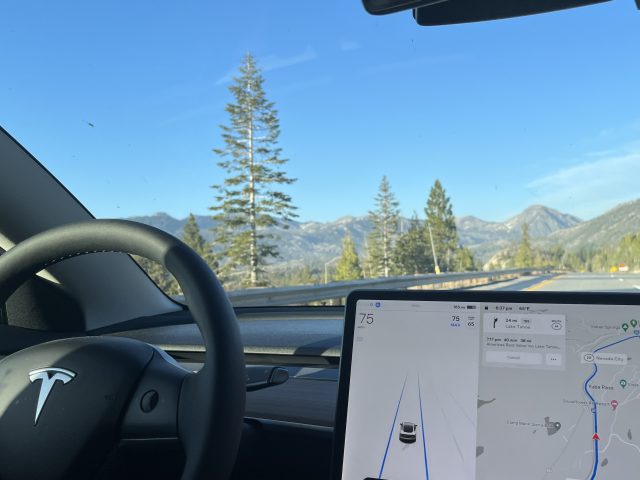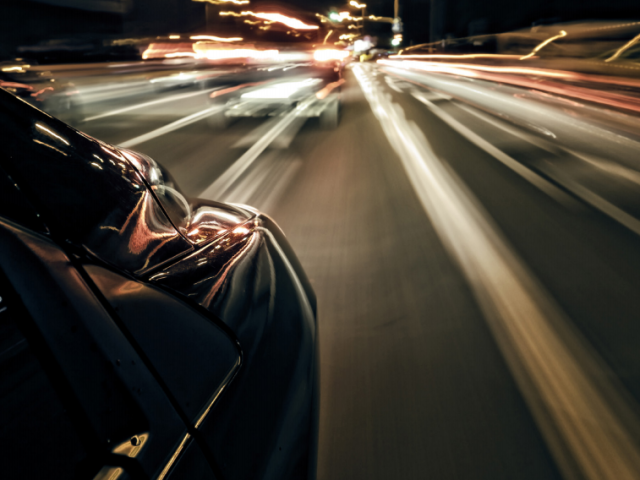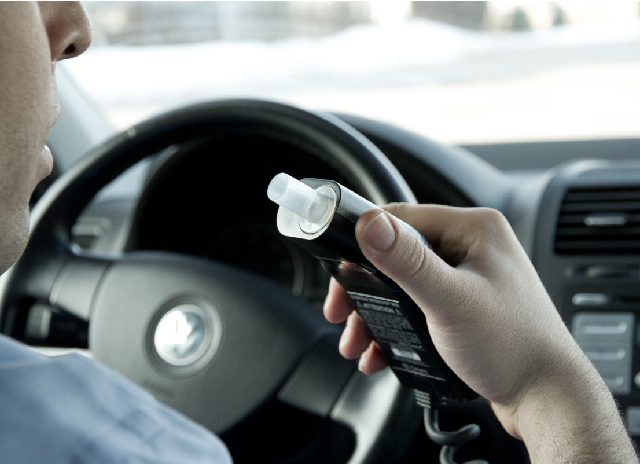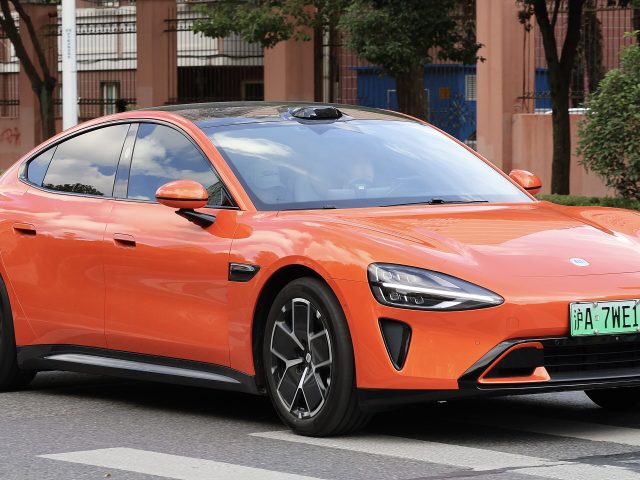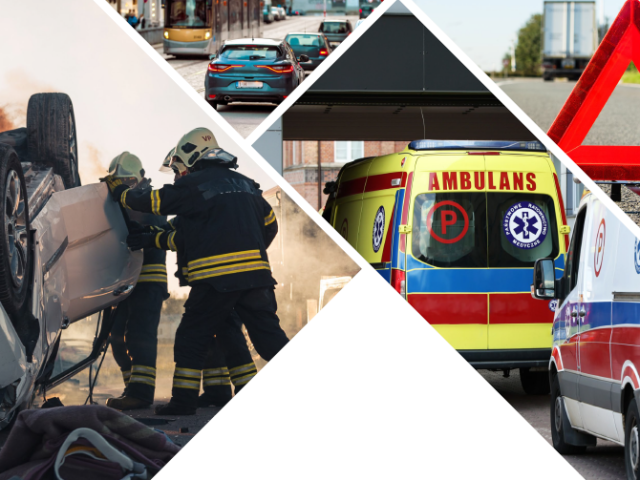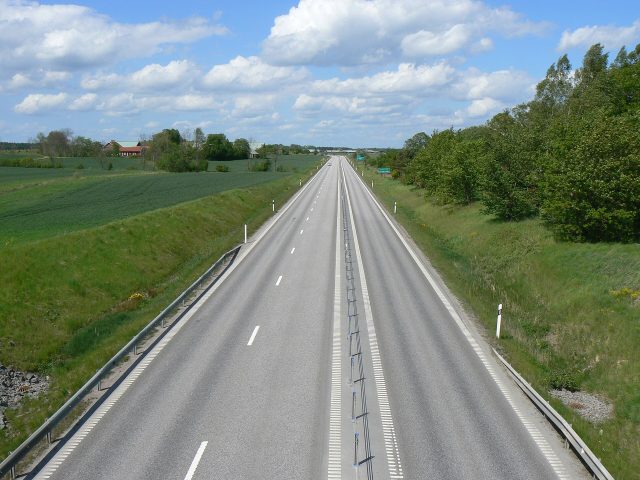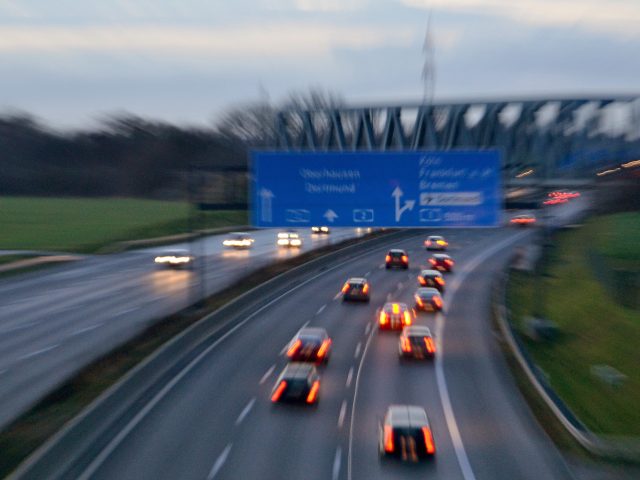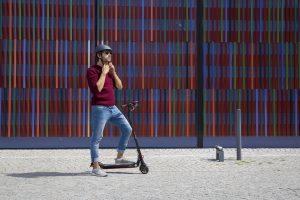Drink-Driving in Poland
Figures
From 2010 to 2018, alcohol-related road deaths in Poland decreased by 6% on average annually, moving from 455 in 2010 to 370 in 2018.
Figures from 2019 registered 326 alcohol-related deaths
National policies
A National Programme for Prevention and Solving of Alcohol-Related Problems for the years 2011–2015 was included in the Polish National Road Safety Programme with specific objectives to address the drink driving problem:
■ increase the number of sobriety tests carried out during standard road checks,
■ development of a strategy concerning the problem of drink driving, development and implementation of a unified programme for drivers convicted for driving under the influence of alcohol,
■ public education actions concerning the influence of alcohol on human body and the risk of damages arising as a result of driving under the influence of alcohol.
As from 2015, the Polish government also adopted stricter sanctions for drink driving; compulsory rehabilitation courses for all drink driving offenders and an Alcohol Interlock programme for all drink driving offenders.
BAC limits and sanctions
The BAC limit in Poland is 0.2 g/l for all road users.
No further lower alcohol limit has been specified for any specific driver group.
In 2015, Poland toughened its penalties for driving under the influence of alcohol (BAC above 0.5 g/l). Offenders now face a driving ban (for all types of vehicles) from 3 to 15 years (previously from 1 year to 10 years), with re-offenders facing a lifetime driving ban.
In addition, under the new regulations, rehabilitation courses tackling alcohol and drugs are now compulsory. The new law also allows the installation of alcohol interlocks in vehicles for all drink driving offenders.
Enforcement
Poland is one of the EU countries with the highest number of police checks for drink driving. Police forces in Poland are allowed to conduct random targeted roadside alcohol breath testing.
The police performed almost 18 million drink-driving checks in 2018, i.e. 468 checks per 1,000 inhabitants which is the second highest drink-driving enforcement rate in the EU. The latest figures from 2019 registered almost 17 million of alcohol tests performed by the Police, with a very low proportion of drivers tested who were found to be above the legal drink driving limit (0.7%).
Rehabilitation and Alcohol Interlock programmes
Since January 2015, all DUI drivers will have to take a rehabilitation course on alcohol problems in order to claim their driving licence back.
The Alcohol Interlock programme was introduced in May 2015 to all drink driving offenders and is a voluntary solution to reduce the length of their driving ban. The duration of the required alcohol interlock installation period depends on the driving ban a person was given: someone with a three year driving ban may apply to the court after a year and a half for an alcohol interlock for the remaining of the sanction period. The Polish alcohol interlock programme is placed under criminal law.
Each alcohol interlock installed in a vehicle is calibrated once a year by the competent authorities. Polish regulations do not cover alcohol interlock data collection and protection therefore no monitoring of drivers is included in the programme.
Campaigns
Drink driving is one of the main topics in road safety campaigning in Poland. Campaigns are carried out by government agencies, local authorities and NGOs with lot of coverage in the press, television and radio.
One of the latest campaigns was carried out in 2015 by the National Road Safety Council, following the change in sanctions and the introduction of the Alcohol Interlock programme. The title was “Alcohol and car keys? Out of question!” and was addressed to people who could stop drivers from driving after consuming alcohol.
Since 2014, Polish Breweries have been carrying out a campaign called “I never drink and drive“, in partnership with National Police, Parliamentary Group for Road Safety, Partnership for Road Safety, other state and private institutions. Over 3 million stickers with the campaign slogan were distributed to encourage drivers to place them on their cars as a way to show their social criticism towards drinking and driving.
Another campaign “I’m driving. I am sober” is being carried out in various cities across Poland and is organized by the Foundation Trzeźwość (Sobriety Foundation) which since 2001 has been organizing campaigns related to alcohol in traffic.
To read the full country focus click here.
